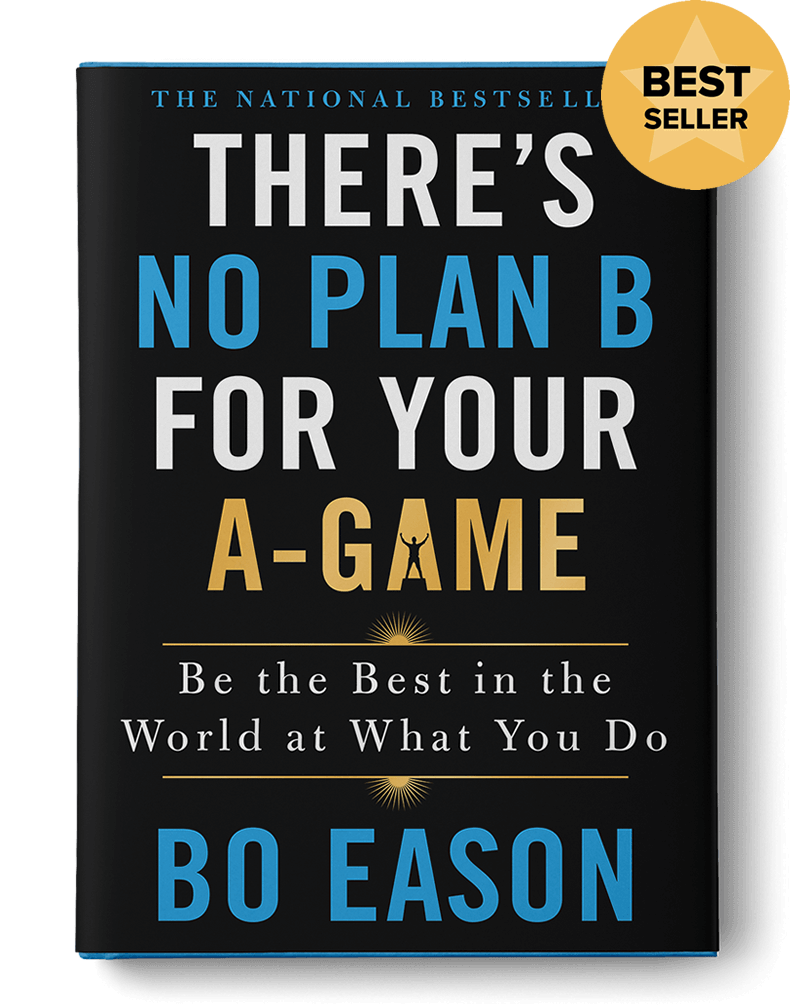Let’s talk about schedule. I get this question a lot: What do you do on a daily basis? It’s a great question. It’s the question that I would ask too.
If I wanted to be the fastest man in the world, I not only would want to meet the fastest man in the world, but I would want to know what he or she is eating, how they say goodbye to their spouses, how they train, how many hours they sleep, what they do and don't eat, what they say no to and more.
With my daily schedule, it depends on what day of the week it is for me. A lot of times I’m traveling so obviously you know what travel is like. The people who work with me on a yearlong basis, my mastermind group, they meet me in a city where I’m giving a speech, and they get what I call a tagalong day. So they get to watch what I do leading up to that speech, the speech itself, and what my recovery period is like afterward.
It's all very important if you want to be a speaker and you want to be speaking today, tomorrow and the next day—and then next week, next year and 15 years from now. You’ve got to be able to prepare, you’ve got to be able to perform and you’ve got to be able to recover so it’s a good thing for my mastermind group to watch—what I eat, how I train, how I warm up.
The first thing I do in the morning is have Bulletproof coffee. I usually wake up right around 6 a.m. I used to wake up at 5 a.m. and I’ve gone as late as 8 or 9 a.m., but I don’t feel good sleeping in that long. Six seems to be that kind of magic time for me to wake up. Five works for me, but I have little kids too so sometimes it’s tough.
Before coffee, the first thing I do is put my feet on the ground and drink water. It’s a big bottle of water—I don’t know how many ounces it is but it’s got to be over 20—probably closer to 30. I drink it right away then I walk downstairs, make the Bulletproof coffee, and then I meet my son.
We’ll do some kind of training around 6:20 or 6:30. I want my body and my kids’ bodies activated before school and before I start my day. So that’s usually some kind of dynamic warm-up, some kind of pre-habilitation with a lot of planks, a lot of lunges, a lot of hops and skips and jumps. It doesn’t take a lot of time—anywhere between 40 minutes and an hour.
The kids usually then go off to school. We have a ritual when they go off to school where we put our hands in the middle and say one of our three family mottoes: “While other kids complain. Easons train. Ready. Break.” And they’ll go to school. Or we’ll say “Hard work beats talent every time. Go.” Or we’ll say, “Champions.” That’s a ritual for our family.
Now it’s like 8 a.m. Dawn drives the kids to school and I go to work. Work for me is preparation. Preparation is work. So I’m always writing in my head, creating new words in my head, rehearsing, trying to figure out what’s important to me and what I want to say. Look, I used to be really regimented like two hours of rehearsal and then one hour of voice work a day. I’m not so regimented anymore. My days are filled with a lot of rehearsal, many hours of it, and I’m not necessarily sitting down and writing, but writing in my head.
I’m really aware, pretty much all day, of our culture and what’s going on with it. Usually, if you want to lead in a certain culture, you have to go the opposite direction. So I’m watching where the culture and society is kind of trending, and I always go the opposite of the trend so that I can be a true leader because if you go with the trend, you’ll never lead. You’re just going with sheep. You must go the opposite direction and think differently if you truly want to lead. So I’m thinking about that all day.
Before I start working, I eat. I’ll usually have some scrambled eggs and toast and then I go off to rehearse and train. Sometimes I’m coaching people on the phone. If I’m preparing for a speech, there’s a whole physical, dynamic warm-up that I go through to get ready for that, including voice warm-ups, and then I take the stage. After that, I recover.
To recover, I have a protein shake that I take with a lot of supplements in it. I do take a lot of supplements. I do a lot of training physically for my body. I really want my body in 20 years to be firing on all cylinders. To have that kind of body and to have that kind of mind, with all of the head injuries that I’ve had, I really have to do a lot of work including a lot of physical training.
I know you’ve seen past videos of mine with Tim Adams. He’s the guy who sets my workout schedule and nutrition schedule. I would advise him, or somebody like him, to work with you because, look, I want to be vital in 20 years. I want to make an impact in 20 years. You’ve got to start paying those dues today if you want to have that kind of influence.
Then when we get to the afternoon and I usually like to be there when the kids get home from school and we’re usually training then. We’ll go into our second phase of training. A lot of times they have homework. Sometimes they want to get homework done first. I like to get the physical stuff done first, then homework, just to get their brain active and activated. So my son will have basketball practice or football practice. Or the girls will have dance or gymnastics or softball. I’m constantly harping to them to outwork everybody on their team today.
I keep reminding them. Like in dance class, I’ll say to my daughters, “Be the best. Outwork everybody in your dance class today.” Even though they might be better than you, even though they’re better now, I want you to outwork them today for this hour or two-hour period. I want you to outwork them.” I’m constantly reminding them of that. Then after they get done with that, they’re usually doing homework or they have games and then we have dinner.
Dawn cooks pretty much every night. She’s a great cook. We have really great grass-fed meats just about every night—great food. I love good food. And we eat as a family almost every night and we go around the table and I hear about what they learned most today, what scared them most today, how they outworked people today, how they could’ve done something better—and some of those conversations are a crack-up. And then we usually put the kids to bed around 7:30 or 8.
I usually tell them stories at night, whether from a book or from my own childhood or Dawn’s childhood. We like to share those kinds of stories with them. We always go over their 20-year plans at night because they’re up on the wall above their beds. We do a little ritual where we kiss and pop our fists and then we hit the plan and the pictures they’ve drawn of who they want to be in 20 years. We always talk about what our family stands for and what we’re here on this Earth to do.
We’re here to be the best and we’re here to outwork everyone else. Those are the kind of mottoes that we live by. And it doesn’t always hold up, but the kids fight. They fight for their plan. They fight for their dreams. They get off course all of the time. Our job as parents is to just keep righting that ship.
So my day, if I just broke it down and was really basic with you, it’s really about preparing for that day of performance—preparing and warming up. Getting the body activated so that it can perform like I want it to perform and that goes for everybody in my family. We’re all performance-oriented. You are too. That’s how we get graded, that’s how we get measured and that’s how we get paid—it’s all based on our performance so we’re constantly putting our focus on the preparation to perform.
And then after that, we recover. So Dawn and I get to bed pretty early. We're probably in bed at 8:30 or 9 p.m., and usually we’re talking about the kids and our clients. It’s kind of funny because we treat our clients like our kids. We treat them like family so we’re constantly asking ourselves what they need. What does Eloise need? What does Axel need? What does Lyla need? What do our clients need to be the best? How do they fulfill on their birthright? And that’s kind of our mindset as we’re going off to sleep. And then the next morning it starts over again.
So if you broke my day down, it’s very simple. It falls into three little categories. The first one is preparation—preparing to perform—so that encompasses voice, body, movement, physical fitness and nutrition. Then, performance. We all get measured based on our performances—that’s how we get paid. Performance is second. And number three is recovery—that’s nutrition, that’s sleep, that’s rest. Preparation. Performance. Recovery. That’s my day. That’s my kids’ day. That’s my clients’ day.
The more we can just highlight those three areas, that’s really your life. And anything that interferes with those three big pots, you should get rid of. If those things interfere with your preparation or performance or recovery, you must get rid of them. Try that in your life. Try making your day about those three big buckets. Start to build it in your family and in your clients and in your community. Then, watch your level of productivity go through the roof.

